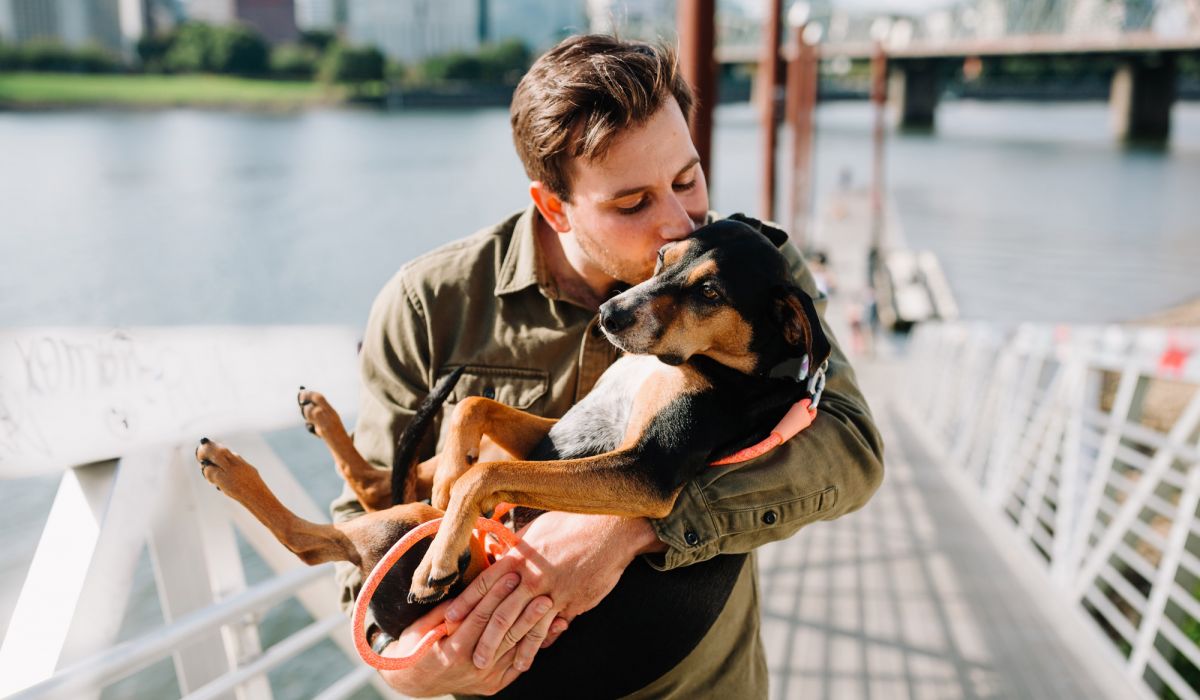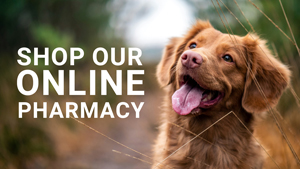
Common Pet Health Questions Answered by a Veterinarian
We see a number of different pets, problems and diagnoses every day and many owners ask us the same questions—here are some of the most common.
Why does my dog have bad breath? Do I need to brush my dog’s teeth? Does my dog need a dental cleaning?
The answer is often yes. The most likely explanation for a pet’s bad breath is dental disease. By the age of three, 70% of cats and 80% of dogs have some form of dental disease. Brushing your pet’s teeth (if possible) and dental treats will help. We recommend your pets receive regular preventative dental check-ups and teeth cleanings to avoid more serious issues in the future.
My pet has diarrhea and is throwing up? Should I come in?
Dogs and cats may have upset stomachs for different reasons. Your pet should probably be seen, even if you know your dog just got into the garbage. And please be honest with us, especially if your pet may have gotten into an illegal substance. If we have a clue what to look for ahead of time, it will make our job easier, and cost you less. Other causes can include a number of viruses, parasites, a sudden change in diet, or intestinal obstruction from swallowing an object, just to name a few.
Does my pet have a food allergy?
It is generally accepted that foods are responsible for less than 10% of allergies in dogs, although diet can be a component of a pet’s skin issues. If your pet seems itchy, is scratching or chewing on their feet, it is most likely due to an environmental allergen (like our own) or a flea allergy, which can all be managed.
I noticed a mass / growth on my pet. Should I be concerned?
A lot of dogs and some cats develop different types of masses around middle age. Often these are benign masses, like lipomas. But they can also be more concerning, like types of cancer. If you notice a mass, it is best to have your veterinarian take a look. Your vet will often take a small sample (aspirate) from the mass to look at under the microscope. Your vet can then advise you on whether to surgically remove the mass, or just monitor it.
